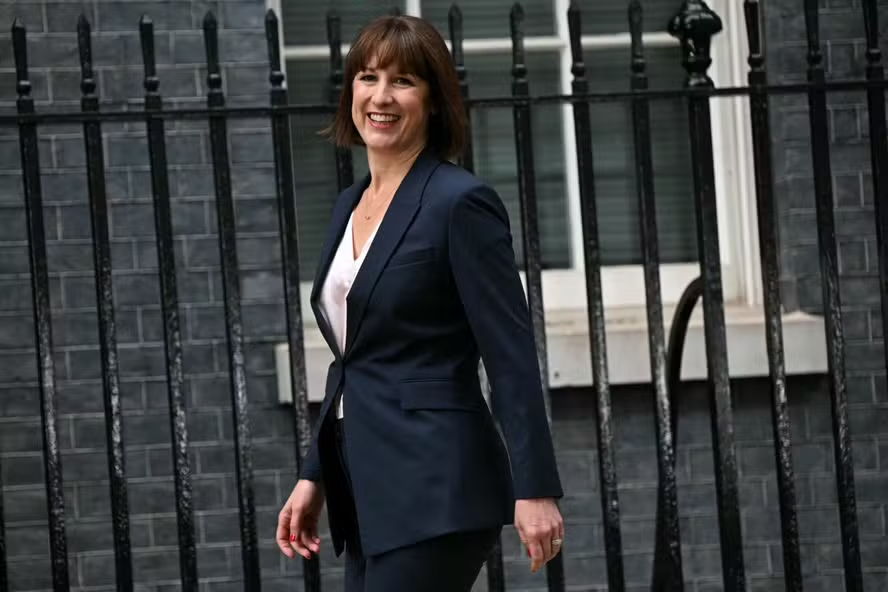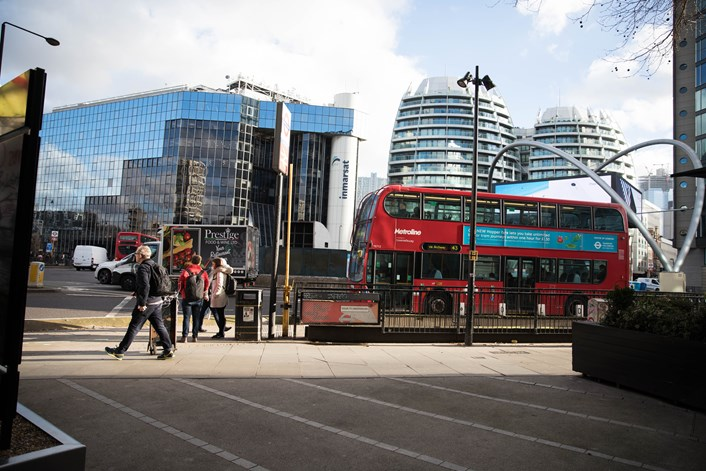Jonathan Haskel, a member of the Bank of England’s Monetary Policy Committee (MPC), has expressed a preference for maintaining current interest rates to ensure that inflationary pressures are fully under control before making any changes.
Speaking at the Economic Statistics Centre of Excellence, Haskel stated, “I would rather hold rates until there is more certainty that underlying inflationary pressures have subsided sustainably.”
Haskel pointed out that the economy is still grappling with the aftershocks of the pandemic and the Russian invasion of Ukraine, which are expected to keep inflation above the Bank’s two per cent target for an extended period.
He also raised concerns about the labour market, which he believes has not yet fully recovered from the pandemic. “The labour market continues to be tight, and I worry it is still impaired,” he said.
During the Bank of England’s June meeting, Haskel voted to keep interest rates steady. His recent remarks suggest he is not in favour of a rate cut in August.
This marks the first public statement from an MPC member since the election was called, leaving investors speculating about the committee’s current outlook based on recent economic data.
Minutes from the Bank’s June meeting indicated that the decision to hold rates was “finely balanced,” implying that a rate cut in August is still under consideration.
Although headline inflation has fallen to two per cent, core inflation measures, such as services inflation, remain stubbornly high. The labour market remains tight, with private sector wage growth around six per cent annually, which could push inflation higher later this year. The Bank forecasts inflation to rise to about 2.6 per cent by the end of the year, with a sustainable return to the two per cent target expected by early 2026.
Haskel explained that this projected increase “reflects that underlying inflation is persistent and declining more slowly, with headline inflation influenced by volatile energy prices and base effects.”
He also addressed accusations that the Bank has been slow to tackle inflation, noting that the significant impact of the labour market on inflation only became apparent in the final quarter of 2021, when the Bank started raising rates. He emphasized that the decision to increase rates during the Omicron variant threat, when another lockdown was possible, showed the Bank’s proactive approach. “These are the actions of an institution ahead of the curve, not behind it,” he concluded.
4o






